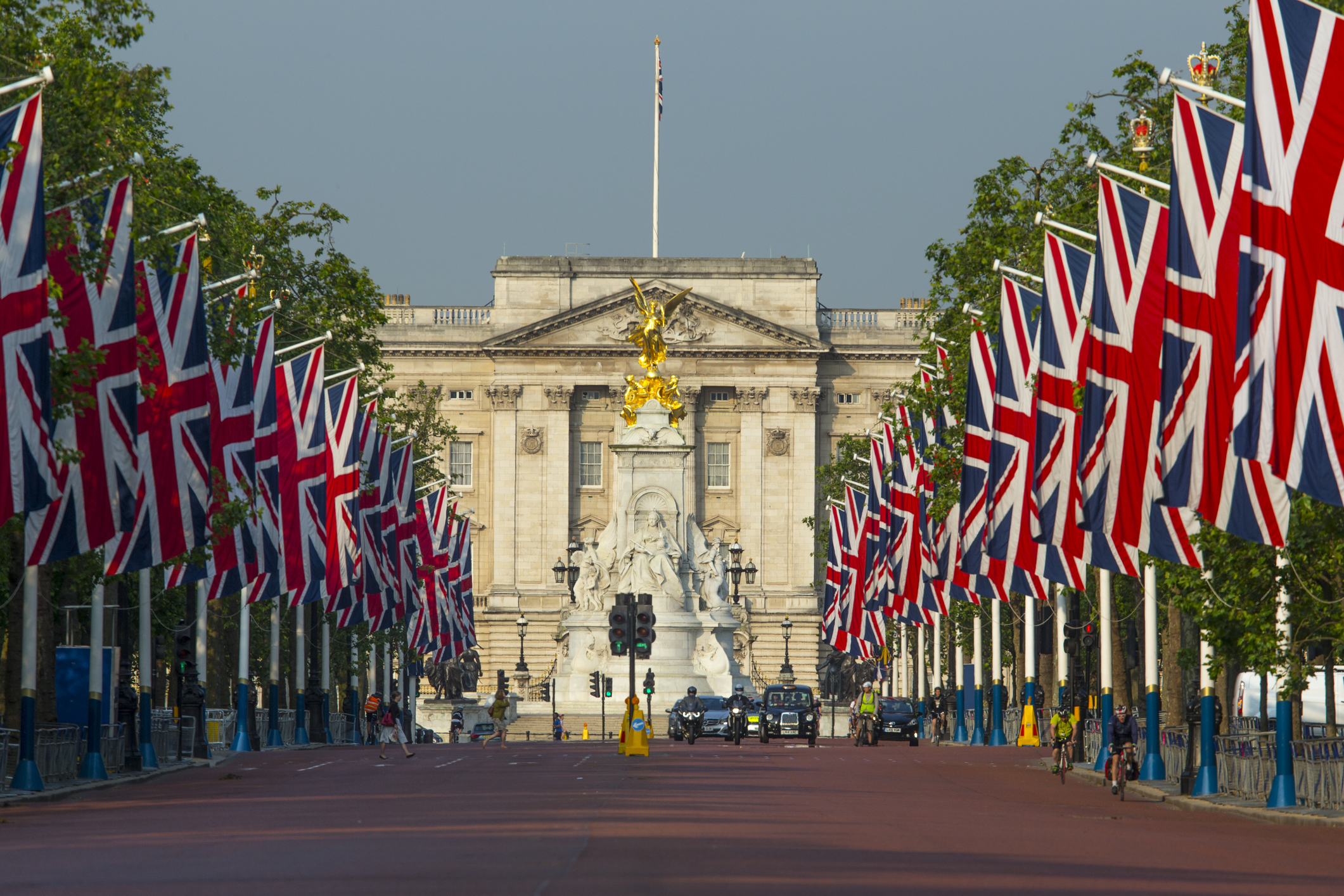Carla Carlisle on privatisation
We’re the generation who consolidated the idea that markets are the primary instruments for achieving the common good, says Carla


The first of this year’s Reith Lectures was held this week in London, and it was my good luck to be there. Not in the Radio Theatre in Broadcasting House, among the great and the good. No, I was in a Volvo V70, sitting in Parliament Square, wedged in between taxis, trucks and vans. All the same, Westminster was probably the right place to be. The title of this year’s lectures is ‘A New Citizenship’, culminating in thoughts on ‘A New Politics of the Common Good’.
Michael Sandel is the first Reith Lecturer I’ve ever heard of. His course on Justice at Harvard is legendary, and last year, I saw a video of his lectures on the Harvard website. It shows a rapt audience of 1,200 young faces and the professor, without notes, engaging them on the complex relationship between action and intention. I ached with envy of those lucky students.
On the secular stretch of Victoria Street between Westminster Cathedral and Westminster Abbey, Sue Lawley introduced Prof Sandel’s first lecture, ‘Markets and Morals’. Market fundamentalism began with Thatcher and Reagan, and was consolidated under Clinton and Blair, disciples who developed the faith that markets are the primary instruments for achieving the common good. It’s unnerving to hear the roll call of markets in our daily lives. Private prisons. Carbon trading. Wombs for hire. Kidneys for sale. Ambulances for hire. Even the wars we fight a year after the invasion, there were more private contractors in Iraq than there were troops. We can blame whom we like, but the truth is, we’re the generation that presided over the transformation of the citizen into a consumer.
While I’m stalled on the bend next to the statue of Nelson Mandela, Prof Sandel addresses carbon trading. If rich countries can ‘sell’ their pollutants to poor countries, it removes the moral stigma of polluting the air and water. If the airline plants a clump of trees each time you fly to New York, you don’t have to feel so guilty. You’re buying the right to pollute.
He then tells about a nursery school where the parents were often late collecting their children. A stigma was attached to these parents because their lateness meant that the teachers had to stay late. To improve the situation, fines were introduced for late pick-ups. And what happened? The late pick-ups increased. With the fines, late arrival became a service the parents were willing to pay for. The fine became a fee, and the fee removed the guilt. Arriving late became morally acceptable.
Although I hang on to Prof Sandel’s every word, I also stare at the road ahead. Or rather, the roadworks. I feel a fool for coming around Parliament Square and Whitehall, because, for more than a year now, these streets have been clogged with planks, trenches, piles of earth, JCBs and traffic cones, the dismal legacy of the 1991 New Roads and Street Works Act, which gave its blessing to the newly privatised utilities to dig up roads whenever they wanted. All that’s required is 28 days’ notice. The council can’t refuse permission, can’t even demand that the work be co-ordinated with other digging. And if the work isn’t finished on time? A £5,000 fine. Not each day, but in total.
The fine has become a fee, which is why, on the mile in which I listened to an entire Reith Lecture, I counted only nine men in hard hats working on this historic stretch of a great capital city. Why pay workers to work overtime, when, for a meagre fee, you can disrupt the city for years? By the craters of unmanned roadworks, I could sit down and weep. And yet, the persuasive voice of Prof Sandel lingers. I roll down my window and shout: ‘Arise, fellow citizens! Repeal the 1991 Roads Act.’ It could be just the beginning.
Sign up for the Country Life Newsletter
Exquisite houses, the beauty of Nature, and how to get the most from your life, straight to your inbox.
Country Life is unlike any other magazine: the only glossy weekly on the newsstand and the only magazine that has been guest-edited by HRH The King not once, but twice. It is a celebration of modern rural life and all its diverse joys and pleasures — that was first published in Queen Victoria's Diamond Jubilee year. Our eclectic mixture of witty and informative content — from the most up-to-date property news and commentary and a coveted glimpse inside some of the UK's best houses and gardens, to gardening, the arts and interior design, written by experts in their field — still cannot be found in print or online, anywhere else.

